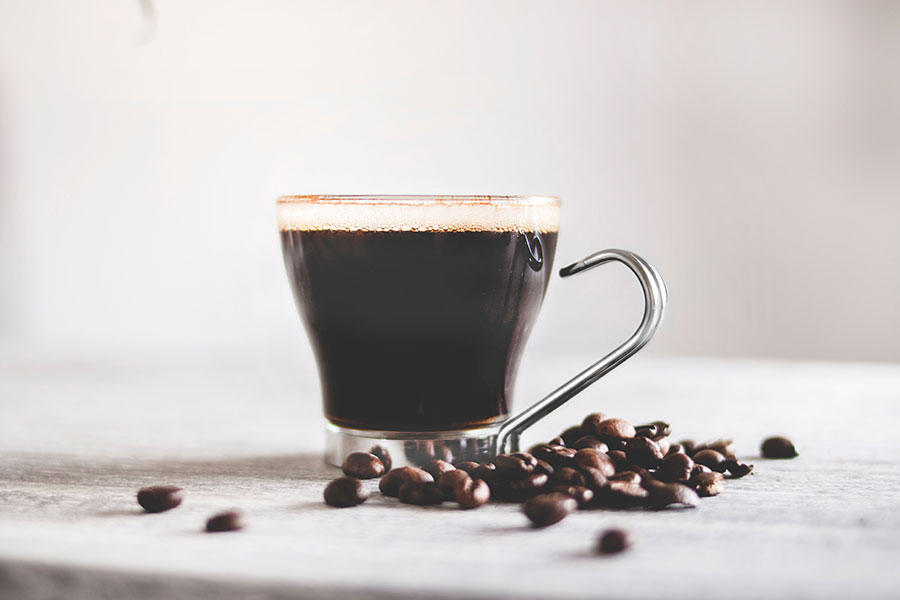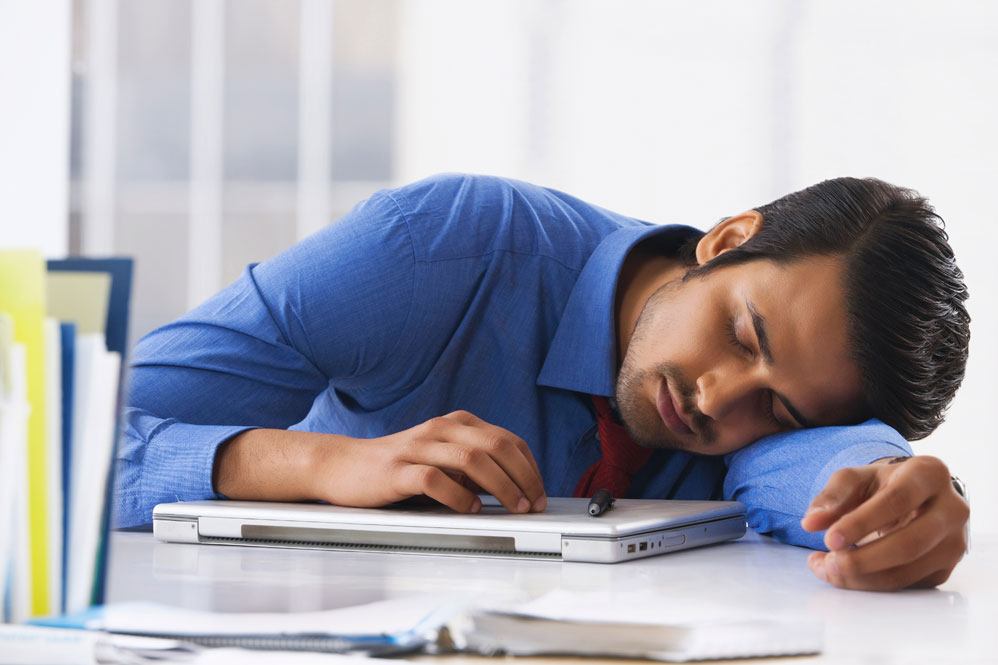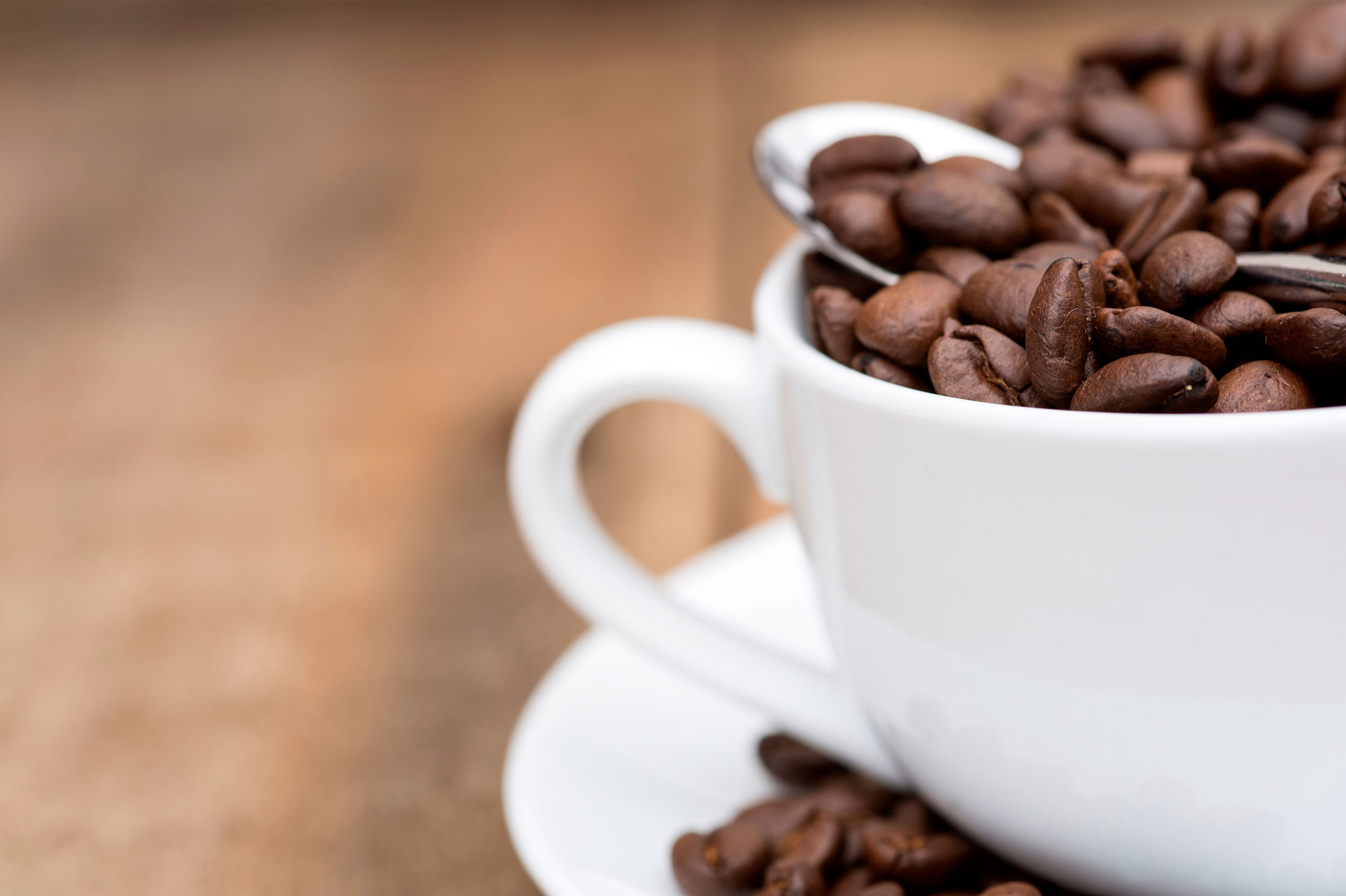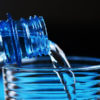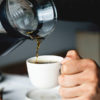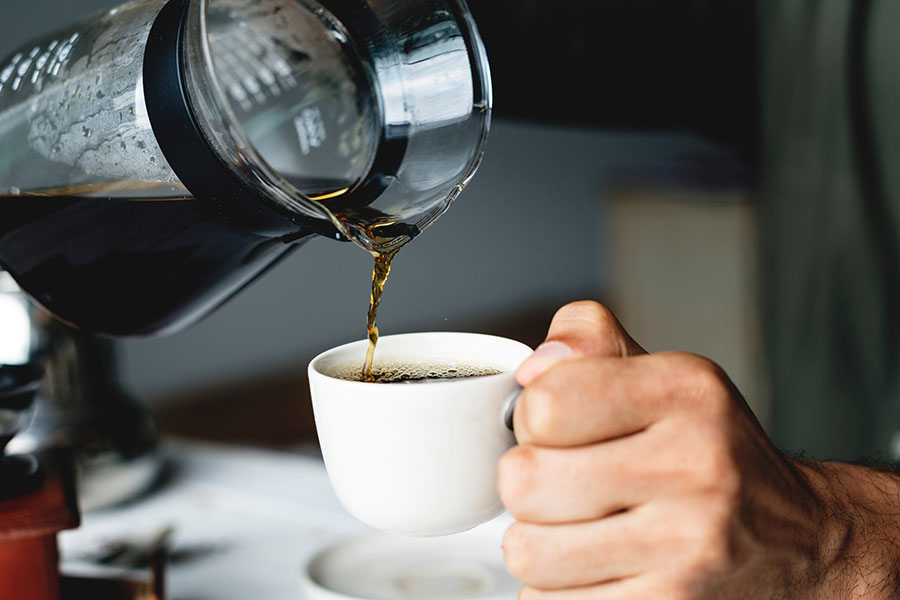
Jump-starting your morning with a freshly brewed cup of coffee gives you the energy you need for a productive day. And, when you brew your own coffee, you enjoy higher-quality coffee that tastes better and costs less.
If often takes time to perfect your brewing method. Trial and error may lead you to many watered down or extra strong cups of coffee. While a good cup of coffee sets your day off on the right foot, a bad cup may bring your mood down. However, with a few helpful tips, you can enjoy the perfect cup any time of day.
Brew better quality coffee using the following methods:
- Buy Higher Quality Coffee: This step may seem obvious, but coffee quality levels vary drastically with the brand and form of coffee. Choose high quality Keurig pods, beans or grounds to get a better tasting cup of coffee.
- Use Filtered Water: Tap water can ruin your pot of coffee. Use filtered water to make sure your coffee tastes the best it can. Filtered water tastes fresher and has less chemicals than tap water, keeping your cup of coffee at peak flavor.
- Measure the Coffee And Water: Perfect the right ratio of coffee to water by using a kitchen scale to measure out the ingredients. Measuring the coffee and water will stop your coffee from being too watered down or too strong.
- Clean Your Equipment: Clean your coffee pot or keurig before you brew your coffee to get rid of excess grounds or dirt making your coffee’s flavor strange. Keep your coffee tasting excellent by having clean equipment.
- Explore Other Brew Techniques: Try different methods of brewing to explore which method you prefer for your coffee. Alternate between french pressing, drip brewing and grinding your own beans to discover the brewing method you like best.
For more information on easy ways to brew better coffee from the experts at Hanson Beverage Service, please contact us here or call us directly at 800.439.6901.

